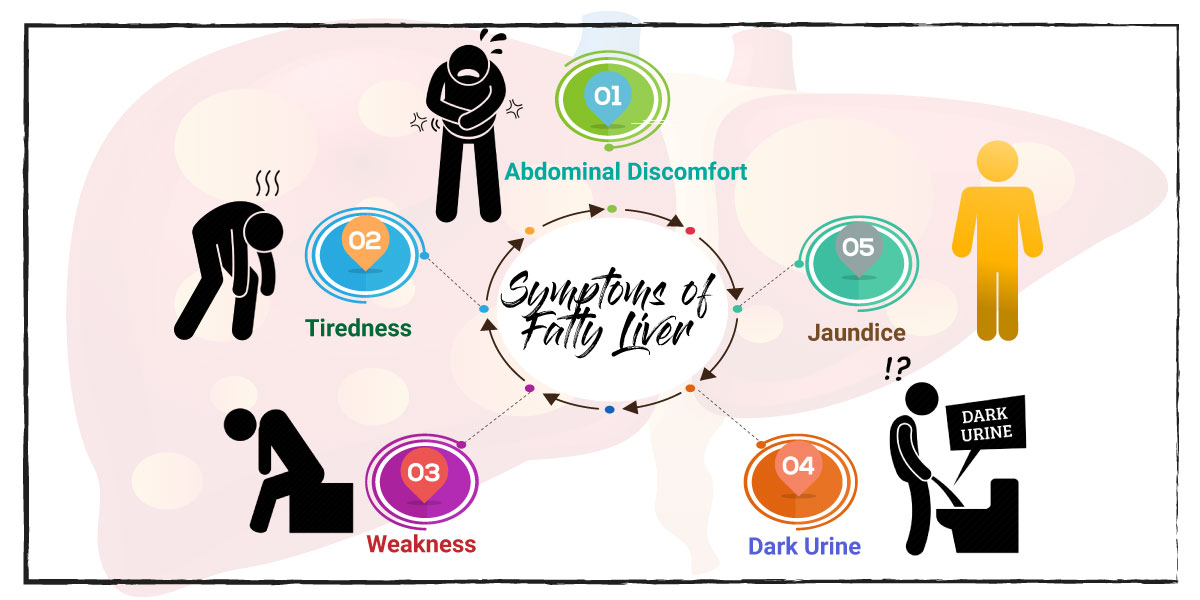Fatty liver is a term that describes the build-up of fat in the liver. It is normal to have small amounts of fat in your liver, but too much will cause a health problem. The liver is the second largest organ in the body. It is responsible for a wide variety of functions, including processing everything we eat and drink and filtering harmful substances from the blood. Too much fat in the liver can lead to long-term liver damage.
Early stage fatty liver is diagnosed when the proportion of liver cells that contain fat is more than 5 percent. This is often diagnosed by looking at small samples taken from the liver under the microscope. Ultrasounds, CT scans, and MRI scans can also help evaluate the fat content of the liver.
The liver commonly repairs itself by rebuilding new liver cells when the old ones are damaged. When there is repeated damage to the liver, permanent scarring takes place. This condition is called cirrhosis. The fatty liver becomes harmful to the liver when it progresses. Liver inflammation can lead to liver scarring, liver cancer, and end-stage liver disease.
In many cases, fatty liver disease is diagnosed after blood tests show elevated liver enzymes. For example, your doctor may order the alanine aminotransferase test (ALT) and aspartate aminotransferase test (AST) to check your liver enzymes.

What Are The Symptoms of Fatty Liver?
The fatty liver disease does not usually cause symptoms, but in some cases signs of fatty liver may include the following:
1. Abdominal Discomfort
Discomfort and pain will hover around the upper right portion of your abdomen.
2. Tiredness
Tiredness and fatigue may show up. Pay attention to how you feel after a full night of rest.
3. Weakness
If fatigue worsens, weakness is likely. You may have a hard time to do normal, daily activities.
4. Jaundice
If the disease has progressed to cirrhosis, jaundice might develop. This condition makes your skin and whites of your eyes turn yellow.
5. Dark Urine
Dark urine may be a sign that the disease has turned into hepatitis or cirrhosis. But like jaundice, dark urine is also an uncommon symptom.
It is important to keep up with regular check-ups due to the signs of fatty liver disease can be mild or totally absent.










Facebook Comments